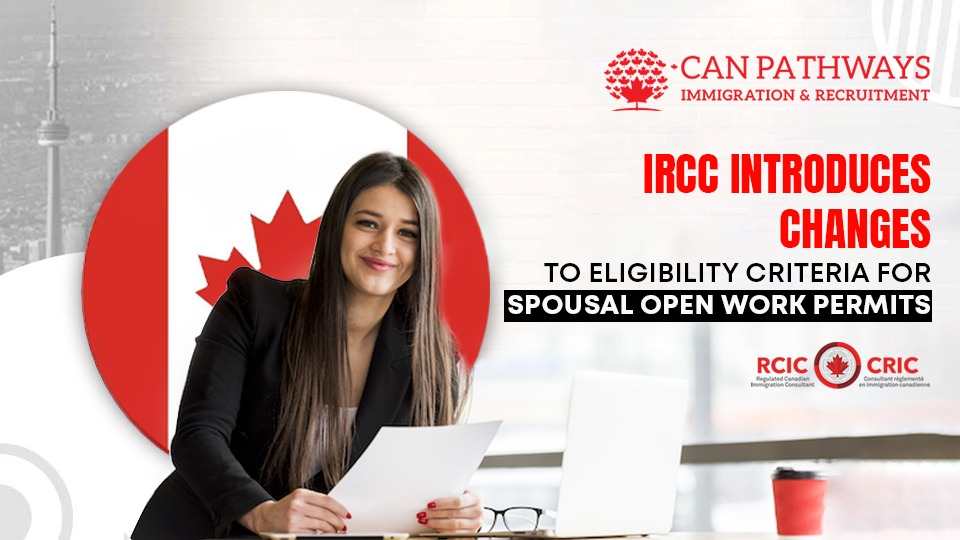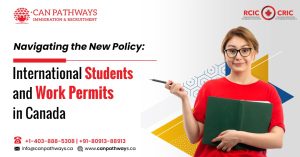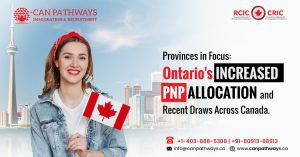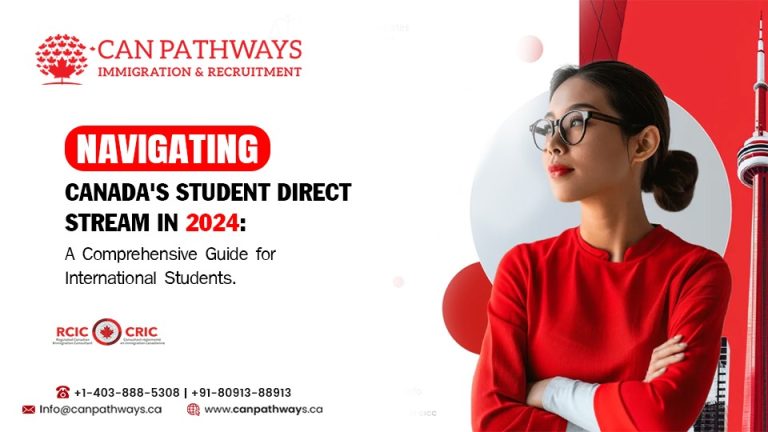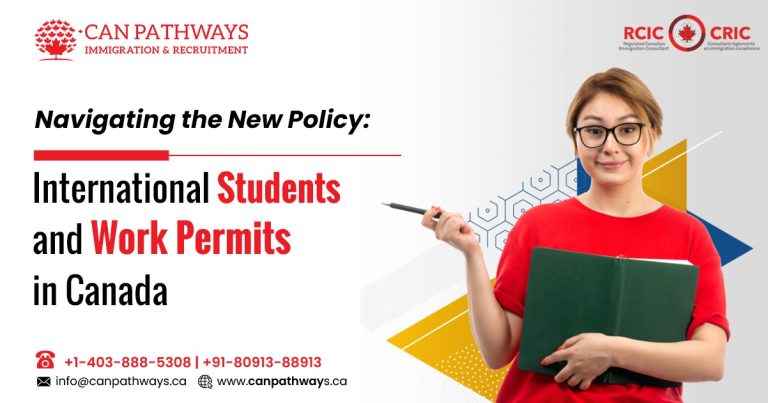IRCC has provided additional information regarding adjustments to the eligibility criteria for Spousal Open Work Permits (SOWP).
Effective January 22, 2024, IRCC implemented several modifications to Canada’s international student program. Notably, IRCC announced that spouses of international students enrolled in undergraduate and college programs will no longer qualify for SOWPs.
Starting from March 19, partners and spouses of international students are eligible for a SOWP only if their sponsor is enrolled in a master’s or doctoral degree program at a university or polytechnic institution in Canada.
Certain exceptions apply for spouses or partners of undergraduate students. Spouses of undergraduate students enrolled in specific professional degree programs at a university are also eligible to apply for a Spousal Open Work Permit (SOWP).
There are specific exemptions for spouses or partners of undergraduate students. Spouses of undergraduate students enrolled in certain professional degree programs at a university are also eligible to apply for a SOWP:
- Doctor of Dental Surgery (DDS, DMD)
- Bachelor of Law or Juris Doctor (LLB, JD, BCL)
- Doctor of Medicine (MD)
- Doctor of Optometry (OD)
- Pharmacy (PharmD, BS, BSc, BPharm)
- Doctor of Veterinary Medicine (DVM)
- Bachelor of Science in Nursing (BScN, BSN, BNSc)
- Bachelor of Education (B. Ed.)
- Bachelor of Engineering (B. Eng., BE, BASc)
- Spouses and partners seeking an SOWP must furnish documents proving their relationship to the student and one document demonstrating their partner’s enrollment in a degree-granting program. IRCC accepts:
- A valid Letter of Acceptance (LOA) from a Designated Learning Institution (DLI)
- Proof of enrollment letter from the spouse or partner’s DLI
- Transcripts from the spouse or partner’s ongoing program of study
If you have already submitted an application
According to IRCC, individuals who submitted a SOWP application before March 19 remain eligible if their partner:
- Holds a valid study permit.
- Qualifies for a post-graduation work permit (PGWP).
- Is enrolled full-time at one of the following types of institutions:
- A public post-secondary school (e.g., college or university), or CEGEP in Quebec.
- A private college-level school in Quebec.
- A Canadian private school authorized to confer degrees under provincial law (e.g., bachelor’s, master’s, or doctoral degrees).
- These criteria also apply to current SOWP holders seeking to extend their existing permits.
Exploring Options if You’re Not Eligible for Spousal Open Work Permits
Spouses and partners of international students who are no longer eligible for a Spousal Open Work Permit (SOWP) have the option to apply for other types of work permits or a Visitor Visa (TRV). However, it’s important to note that individuals who enter Canada as visitors are not authorized to work.
The SOWP not only allows holders to work for nearly any employer in Canada but also serves as a means to support IRCC’s objective of promoting family reunification.
In a statement to the Standing Committee on Citizenship and Immigration (CIMM) on February 28, Immigration Minister Marc Miller indicated that he was restricting SOWPs to the partners and spouses of master’s and PhD students as a measure to address both volume and integrity challenges. He stated, “attack a volume challenge but also integrity challenges with what we believe was an area that was being exploited and not necessarily legitimate.

